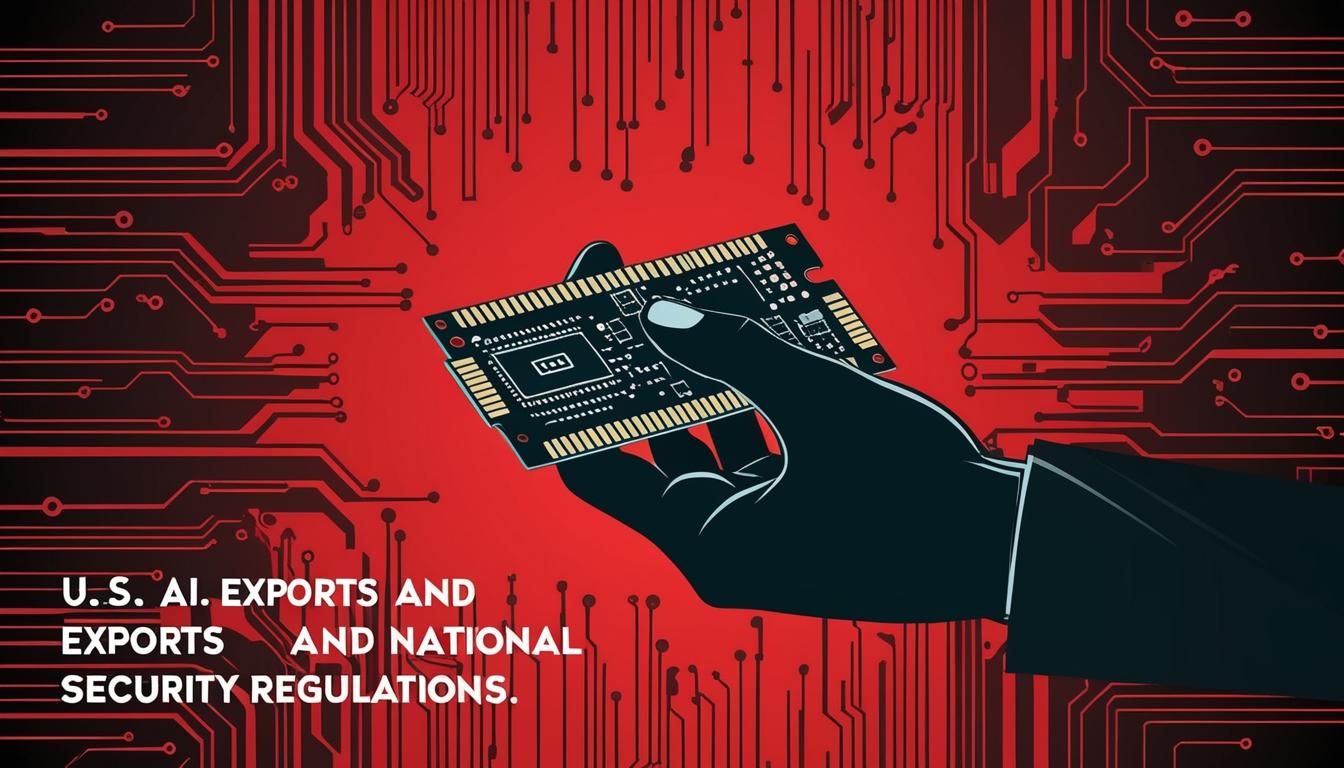Leaders in the technology sector are expressing significant concerns regarding a proposed regulation by the Biden administration that aims to limit the export of artificial intelligence products from the United States. This potential rule, which may be finalised as soon as the end of this week, has raised alarm bells among industry stakeholders who fear it could undermine the nation’s competitive edge in the fast-advancing global AI market.
The proposed regulation is aimed at strengthening U.S. economic security and addressing national security by restricting the international sale of certain AI technologies. According to Jason Oxman, the president and CEO of the Information Technology Industry Council (ITI), "A rule of this nature would cede the global market to U.S. competitors who will be eager to fill the untapped demand created by placing arbitrary constraints on U.S. companies' ability to sell basic computing systems overseas." Oxman’s remarks were part of a letter sent to Gina Raimondo, the Secretary of Commerce, highlighting the long-term implications for the U.S. position in the global AI ecosystem.
The impetus for the new export controls dates back to October 2022 when the Biden administration's Commerce Department recommended measures to limit the advancement of Chinese military capabilities. The initial framework was further solidified when it was revealed that the administration engaged with the tech giant NVIDIA to halt specific sales of computer chips to China. This trajectory has led to various updates to the proposed regulations throughout the previous year, culminating in the near-finalisation of the updated rule intended for formal publication in the Federal Register.
Ken Glueck, executive vice president at Oracle, remarked on the complexity and breadth of the proposed regulations, stating, "The Bureau of Industry and Security’s proposed Interim Final Rule is a highly complex and wildly overbroad attempt to regulate Artificial Intelligence and GPUs in the name of national security." His assertion is echoed by longstanding sentiments that a lighter regulatory touch has historically contributed to American technology leadership across several generations, from personal computing to the Internet and mobile technology.
In addition to apprehensions about domestic economic ramifications, critics argue that restricting the global sale of AI products may inadvertently benefit competitors such as China. Stephen Ezell, vice president of global innovation policy at the Information Technology and Innovation Foundation, warned, "The Biden administration is trying to force other countries to pick a side – the United States or China – and it is likely going to discover that if it issues this ultimatum, many will pick China." He further remarked on the urgency of finalising these proposed regulations, cautioning that such haste neglects the crucial input from industry stakeholders.
The Semiconductor Industry Association also expressed concerns regarding the lack of industry consultation, urging the administration to reconsider its swift approach and suggesting that the incoming Trump administration might provide a more conducive environment for dialogue on these critical matters.
As the future approaches, it is unclear how the forthcoming presidential administration will handle these regulatory challenges. Trump has indicated an intention to "win the A.I. arms race with China and others," promising to employ U.S. energy dominance to bolster economic stability and diplomatic relations. The industry watches closely for any potential shifts or new strategies under the incoming leadership, especially given the pivotal role of export controls in maintaining competitiveness on the global stage.
Source: Noah Wire Services
